Risk of distortion and loss of heritage
Recently, Meritorious Artist Pham Chi Khanh (Vietnam Tuong Theater) and folk music researcher Bui Trong Hien received an "order" from the Department of Culture, Sports and Tourism of Kon Tum province to organize "Training on tuning gongs in Kon Tum".
Through the training, the trainees who are artisans in crafting and tuning gongs in Kon Tum are introduced to basic theory, the role of gong scales of ethnic groups, the principles of tuning, and the structure of gongs...

Over time, under the influence of new life and culture and art, the gong scale gradually faded away and was in danger of disappearing completely. Folk music researcher Bui Trong Hien worried: “Currently, gong sets with wrong pitch are still performed, because in reality, no one in the village knows how to tune the gong. The sad thing is that members of many gong teams do not recognize the wrong pitch of the gong, because they do not know what is right.”
Since being listed by the United Nations Educational, Scientific and Cultural Organization (UNESCO) as a representative intangible cultural heritage of humanity in 2016, the Vietnamese people's practice of worshipping the Mother Goddesses of the Three Realms has been freely developed, reflected in the increase in the number of worshiping establishments as well as the number of mediums.
Worryingly, under the guise of propaganda, introduction and promotion of heritage, some localities, organizations and individuals have conducted the ritual of Hau Dong outside sacred spaces, giving rise to the so-called “staged Hau Dong” or “literary Hau Dong”. This has destroyed the “sacredness” of heritage, secularized beliefs, and led to many people misunderstanding heritage, considering Hau Dong as a simple cultural and artistic activity.
According to Professor, Dr. Tu Thi Loan, Chairwoman of the Science and Training Council, Vietnam National Institute of Culture and Arts, the training and transmission of the heritage of the Vietnamese Mother Goddess worship is going smoothly, but the number of mediums and musicians is increasing rapidly, inversely proportional to the quality of this team.
In the past, mediums had to follow the convention of 12 years of hard training to “test the medium” before being considered a master medium. Nowadays, many people, after only 3 years, or even just one year of practicing, “give birth to a medium”, calling themselves a master medium. Some followers and disciples “race the medium” and “follow the lead”, causing family discord and wasting money by following the trend of performing mediumship to open a temple. “Mediums compete to show off their class, flaunting their wealth and prosperity.
“The appearance of large denominations of lucky money is increasing; the offerings are becoming more modern and luxurious. Many people are pragmatically understanding that the more they practice, the more they have to serve, and the bigger the ceremony, the more the Mother Goddess will bless them. This leads to excess, intemperance, and materialism, which leads to the loss of morality and spirituality in the rituals of serving the Saints,” Professor, Dr. Tu Thi Loan expressed her indignation.
Need overall strategy
From 2019 to present, the original Quan Ho villages in Bac Ninh have been supported with 30 million VND/time/year, Quan Ho performance clubs have been supported with 20 million VND/time/year; Quan Ho artisans have been considered for artisan status and received monthly salaries...
Meanwhile, Phu Tho province has issued and effectively implemented the Project to preserve and promote the intangible cultural heritage value of Xoan singing in the period of 2020-2025; restore and create a strong and sustainable vitality for the Xoan singing heritage, with all 31 ancient Xoan songs held by veteran artisans, passed on to the next generation of artisans and fully documented and digitized; publish the book "Comprehensive research on Phu Tho Xoan singing" as a research, teaching and dissemination document. In particular, Phu Tho province issued regulations on considering and awarding the title of Phu Tho Xoan Singing Artist.

Sharing with reporters of the People's Army Newspaper, Ms. Nguyen Truong Phuong Ha, Deputy Head of the Department of Cultural Heritage Management, Department of Culture, Sports and Tourism of Phu Tho province said: "Each xoan singing artist when awarded will receive a certificate of merit and a reward of 5 million VND. Currently, Phu Tho has 66 xoan singing artists who are actively practicing and teaching the heritage to the people. Traditional festivals associated with xoan singing are also maintained and restored, creating a community cultural space to practice and perform the heritage."
In fact, many People's Artisans (NNND) and Meritorious Artisans (NNUT) are now old and their income from daily labor is unstable. Meanwhile, according to Decree No. 109/2015/ND-CP, if NNND and Meritorious Artisans cannot prove that their current income is lower than the basic salary, they will not receive additional support. This means that in addition to the money when being awarded the title, many artisans will not receive any subsidies even though they have spent their whole lives cultivating their love for heritage.
Another shortcoming is that if an artisan is entitled to benefits when awarded a title, he or she must forgo all other subsidies. The above shortcoming comes from the fact that social awareness, community and authorities at all levels regarding management, protection and promotion of intangible cultural heritage values are still limited; some localities only care about building heritage profiles to include in national and international lists, but lack activities to protect and promote values associated with sustainable development...
According to Dr. Tran Huu Son, former Vice President of the Vietnam Folklore Association, due to the lack of understanding of the basic characteristics of heritage as well as the impact of these characteristics on heritage, in many localities today, the work of preserving intangible cultural heritage is incorrect, not respecting the role of the community and related elements. Meanwhile, Associate Professor, Dr. Lam Nhan, Chairman of the Council of Ho Chi Minh City University of Culture, said that in order to promote the sustainable value of intangible cultural heritage, it is necessary to manage based on the community, join hands to preserve and protect heritage. Only then can intangible cultural heritage retain its core values so that when recreating, creating, and enriching, it will not lose its distinct and unique identity.
In reality, due to limited investment resources, the work of preserving and promoting the values of intangible cultural heritage is still in a state of each person doing their own thing, without a comprehensive development strategy. In order to solve the above problems, Associate Professor, Dr. Bui Hoai Son, Standing Member of the National Assembly's Committee on Culture and Education, proposed: "While waiting for the Law on Cultural Heritage (amended) to be passed, the Department of Cultural Heritage, Ministry of Culture, Sports and Tourism needs to issue more specific regulations to guide communities in practicing intangible cultural heritage".
Vietnam currently has nearly 1,900 People's Committees and People's Committees; 497 national heritages, 15 heritages listed by UNESCO on the List of Intangible Cultural Heritage in Need of Urgent Safeguarding and the Representative List of Intangible Cultural Heritage of Humanity. |
Source











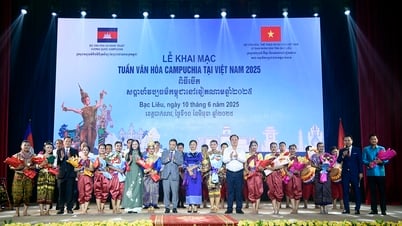
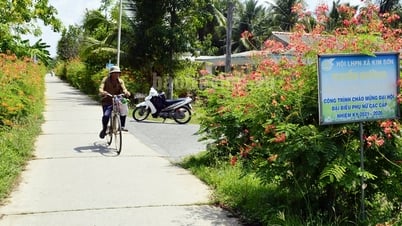

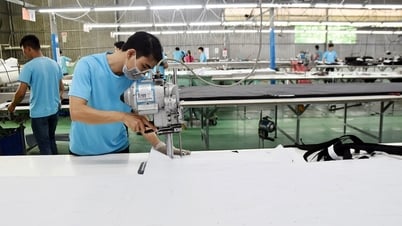








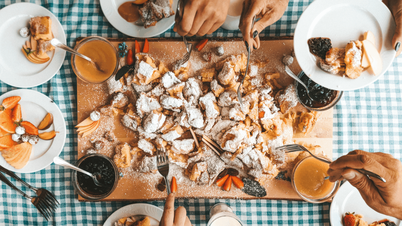

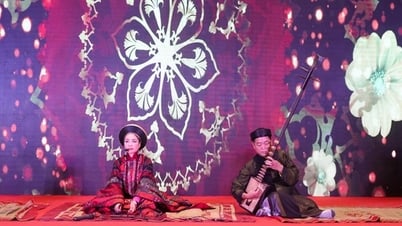

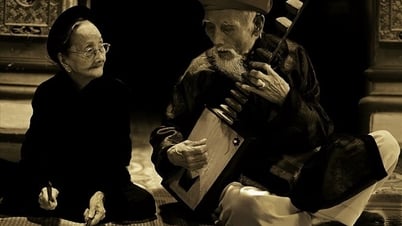

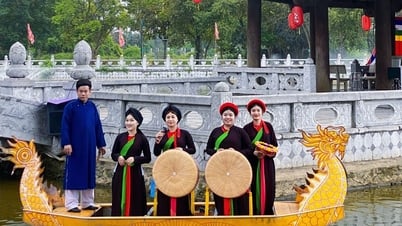

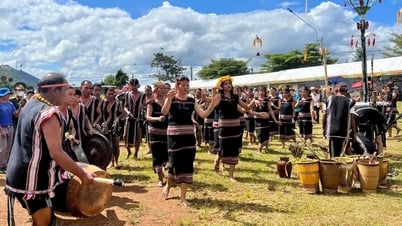

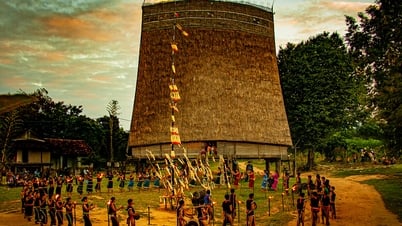







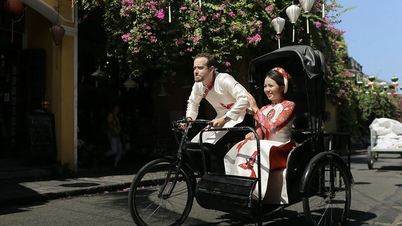


















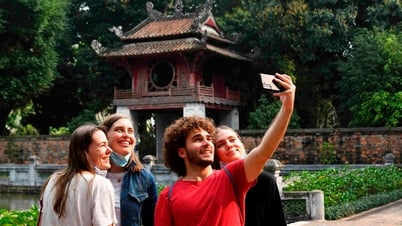




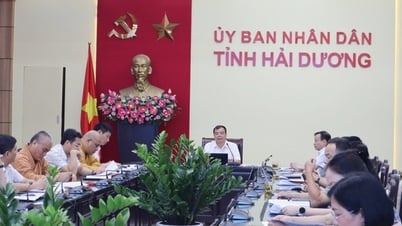
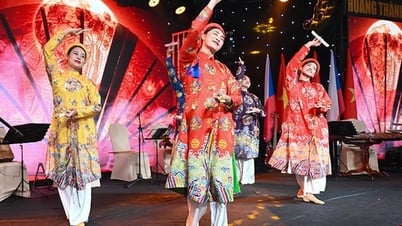

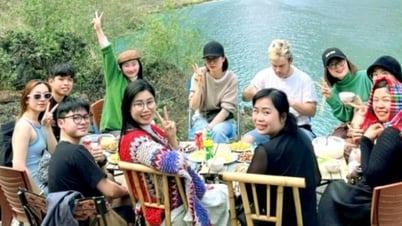
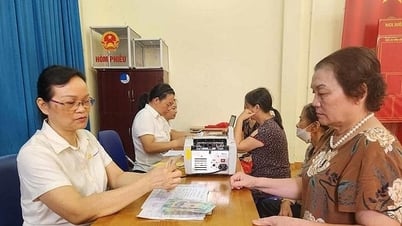



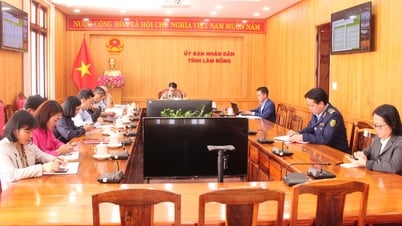
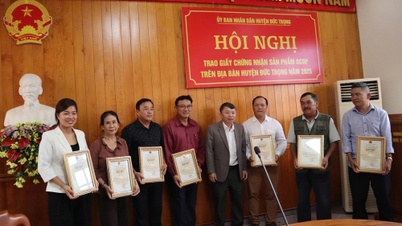















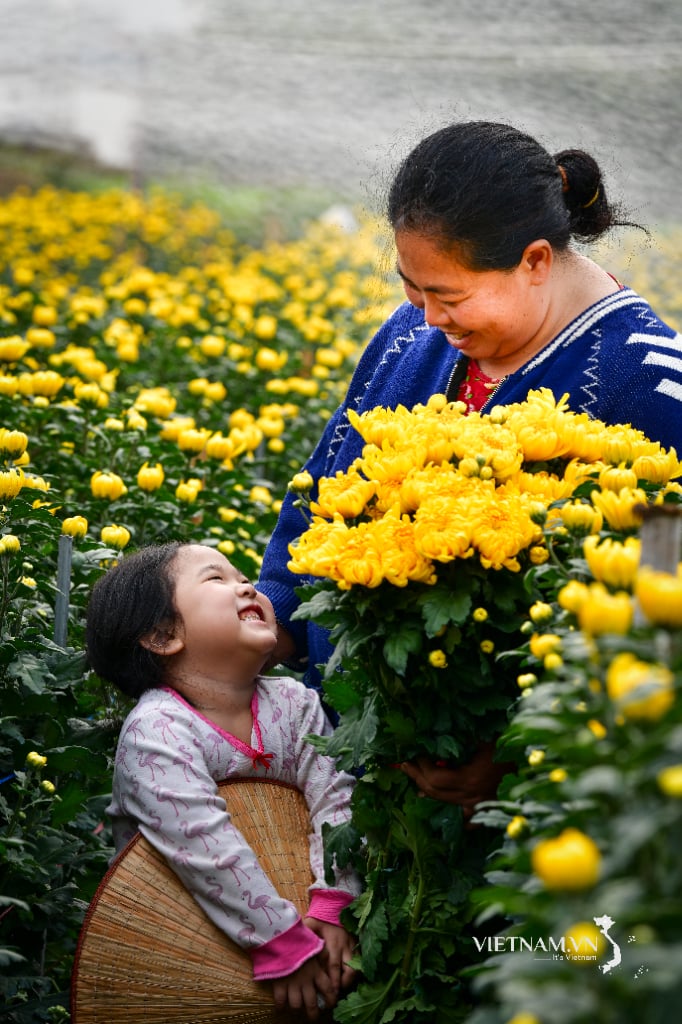



Comment (0)